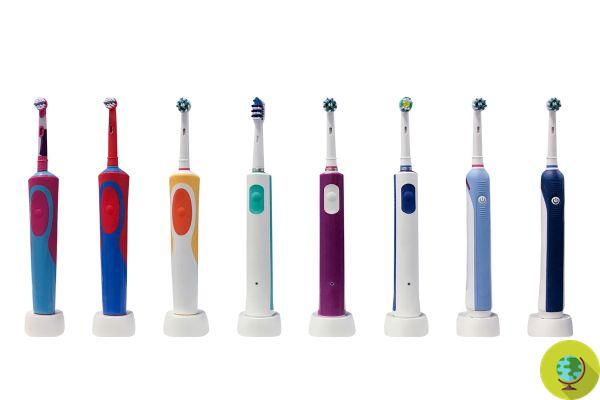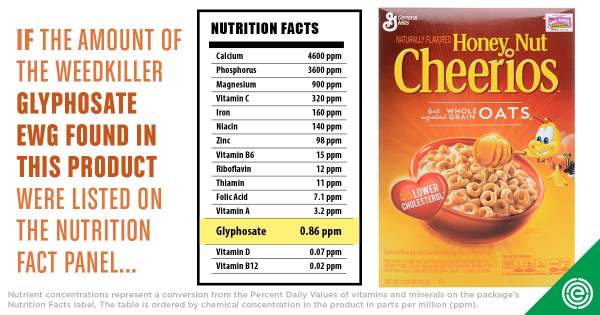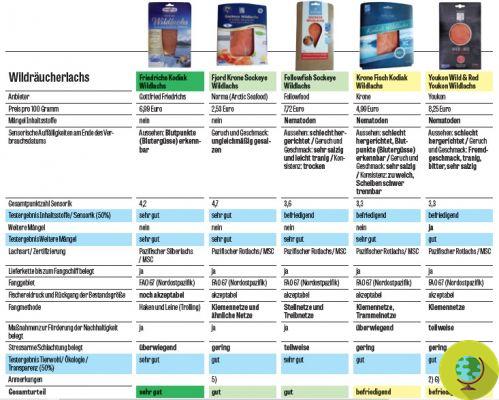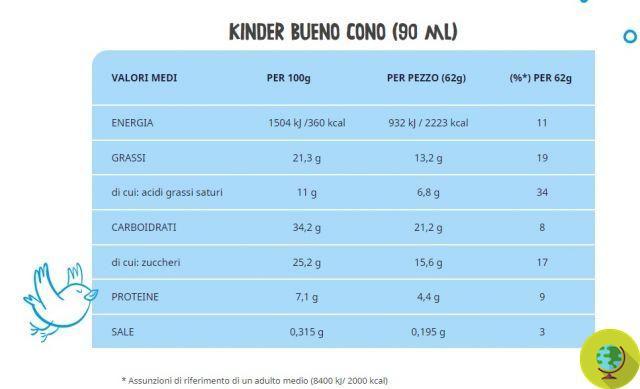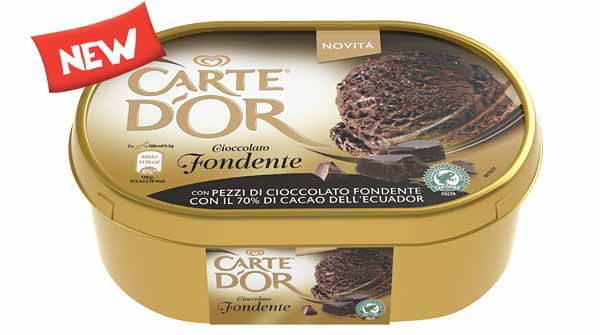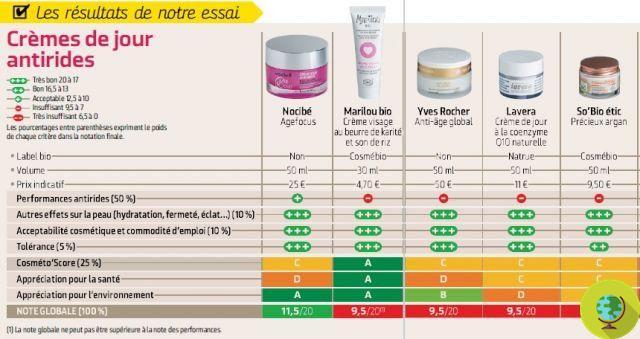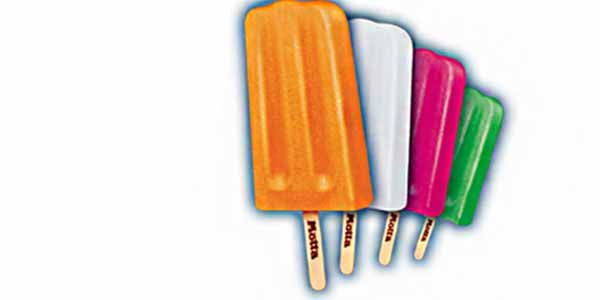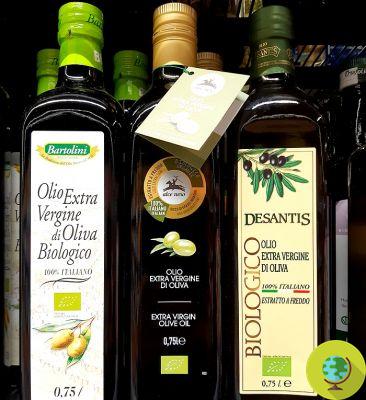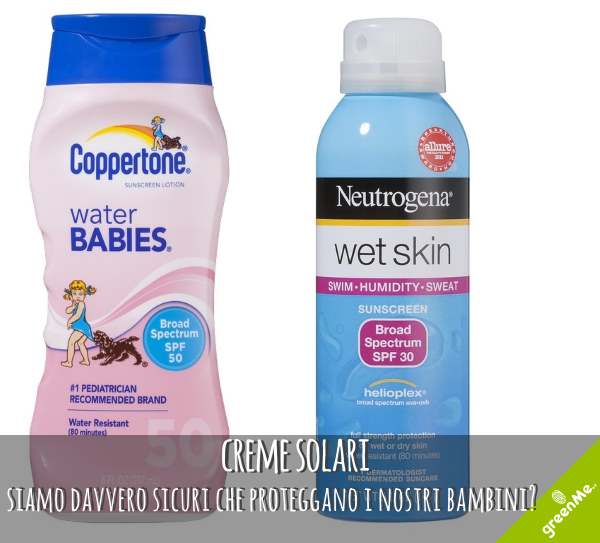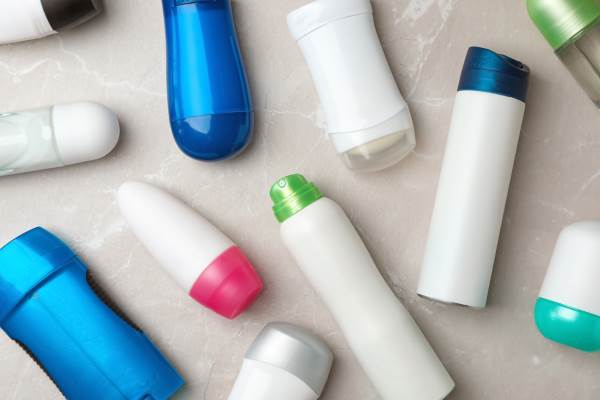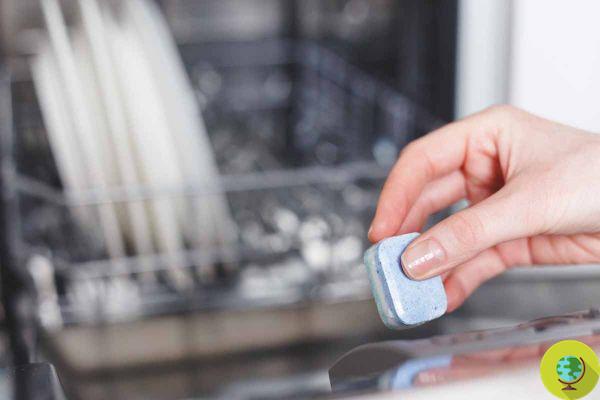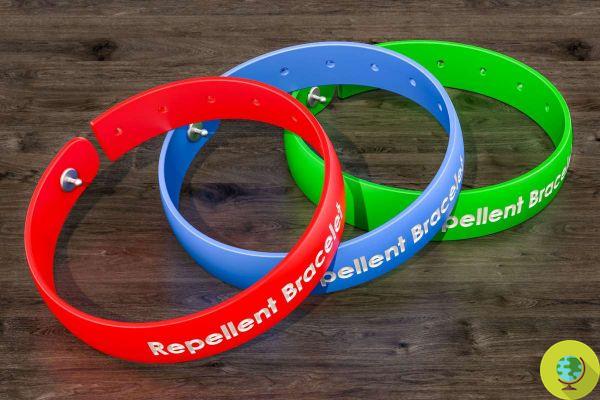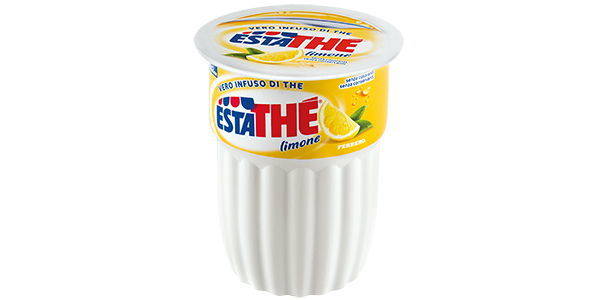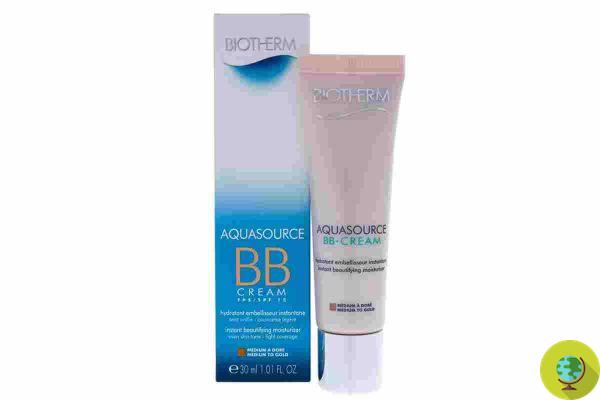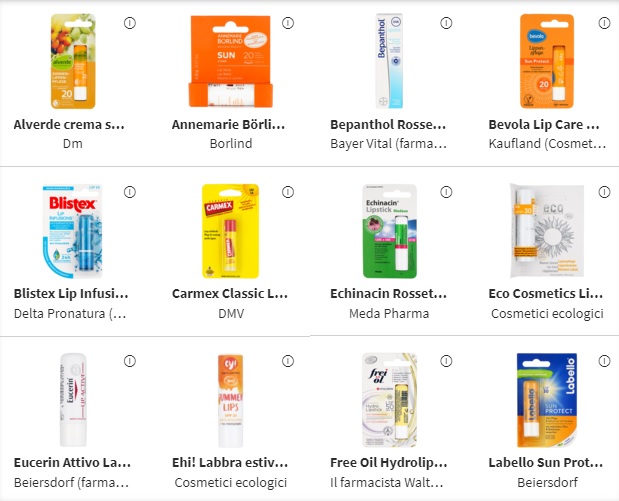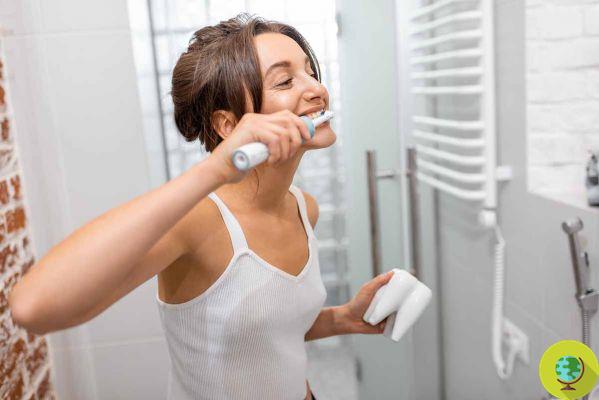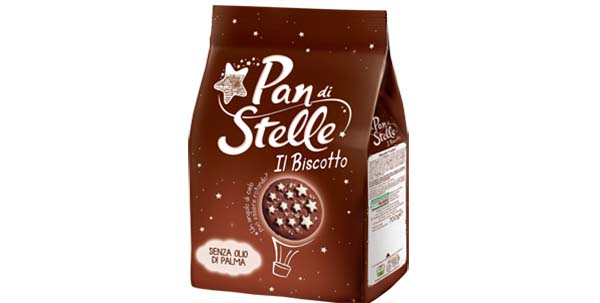Air fresheners perfume the house but risk heavily polluting the indoor air. The results of a French test
Don't store avocado like this: it's dangerousDetergents and other products we use to keep our home clean and fragrant may contain controversial substances. This is confirmed by a French test that examined various products including air fresheners.
A new analysis conducted by the magazine 60 millions de consommateurs compared 119 household products from 14 categories representative of what is on the market. Read also: Detergents and household products: 1 out of 3 contains potentially harmful substances, the French test
Among the most problematic products there are air fresheners of which 50% (6 out of 12) get a D or an E. Reference is made to Ménag’Score, a French classification system that goes from A to E evaluating products on the basis of a series of parameters: ingredients and their proportion and the chemical risks they represent for health and the environment.
These deodorants, reports the French magazine, should be completely avoided especially if we take into account the volatile potential of the substances they contain, and therefore their polluting effect on the indoor air of homes.
Together with disinfectant, multipurpose or toilet wipes (which we have already talked about), these are the products that we should never have at home according to French experts. Read also: Disinfectant wipes: polluting and full of harmful substances. Cif among the worst products of the French test
But let's see exactly what was found inside the air fresheners.
The results
When we are at home we mistakenly think that we are in a place without pollution and therefore safer than outside. In reality it is often exactly the opposite: we find ourselves struggling with more harmful substances inside the house than outside and this for several reasons. One is precisely the systematic use of products that contain harmful substances.
The problem is i VOCs, volatile organic compounds: substances which have the particularity of evaporating at room temperature. And there are hundreds of them including formaldehyde, hydrocarbons, benzene, etc. Then there are also the so-called semi-volatile organic compounds (SVOCs), such as phthalates, bisphenols, flame retardants, which are found in plasticizers or floor coverings and other objects, insidious because they are totally invisible.
Among the products that release potentially harmful substances into the indoor air of homes there are also air fresheners in sprays as well as diffusers with sticks.
These deodorants may contain: toxic solvents, benzalkonium chloride, polluting ammonia, butylphenyl methylpropionate (toxic for reproduction and suspected of being an endocrine disruptor), ethoxylated substances toxic to aquatic organisms, allergenic perfumes, pollutants such as limonene and more.
French experts therefore recommend:
Eliminate or limit all devices (deodorants, candles, diffusers, etc.) intended to perfume your interior: if you think you are "cleaning it", you will pollute it even more.
In light of all this, the ranking of the 12 tested products is not very important. Some are actually better than others, but they shouldn't be used for the reasons listed above.
The best product in the test is Oust air freshener while i worst with E I'm a reference Febreze, Airwick Botany and Brise Air Glade.
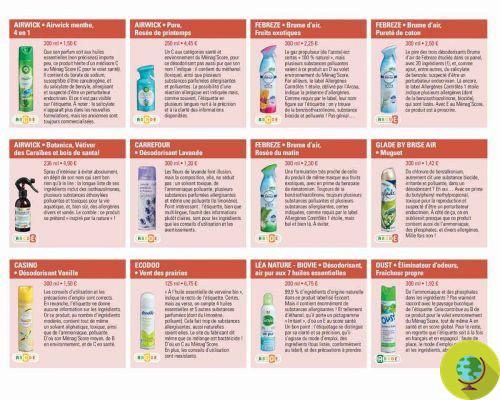
@60 million consumers
Follow your Telegram | Instagram | Facebook | TikTok | Youtube
Cast iron: 60 million consumers
Read also:
- Air Fresheners: 8 Natural, Non-Toxic Alternatives That Really Work
- Scenting the home with apple peels: 5 quick and easy DIY ideas




